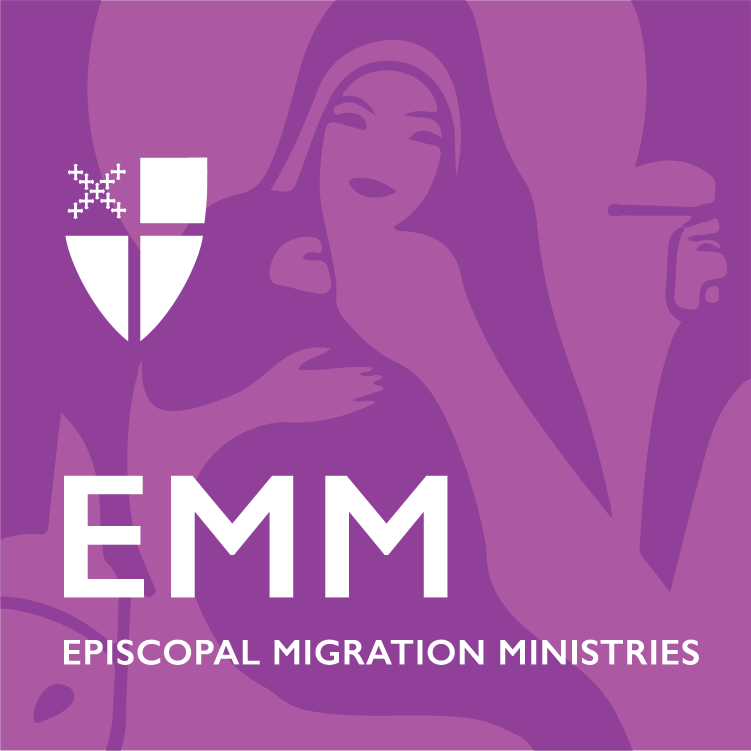Refugee Ministries
HELP OUR AFGHAN ALLIES
An estimated 123,000 Afghans will arrive in the United States during the next couple of months. According to the NC Department of Health and Human Services, “1,169 refugees from Afghanistan will arrive in the next 30 days and continue coming for the next six months.” (The News and Observer, September 22, 2021). Afghan arrivals fall largely in one of the following groups:
- Special Immigrant Visa (SIV) recipients,
- Refugees,
- SQ/SI parolees (SIV applicants who are pending approval) and
- Humanitarian parolees.
Humanitarian parolees, who will likely be the largest group of Afghan arrivals, have more limited access to some benefits and services than these other groups, and do not have a direct path to a green card. The Biden administration is calling on Congress to make all arriving Afghan parolees eligible for benefits and services to the same extent as refugees. While doing so would significantly improve the situation for humanitarian parolees, the authors note that in any case it will be important for other actors also to get involved.
TAKE ACTION (From Church World Service)
Consider emailing your senators and representative to lobby for the passing of an Afghan Adjustment Act, legislation that would give Afghan arrivals the chance to apply to become lawful permanent residents. The act is modelled on the Cuban Adjustment Act, which was approved on a bipartisan basis in 2020. It is equally important that Congress hold the Biden administration accountable to continue evacuations of at-risk Afghans in Afghanistan and third countries, create a categorical parole program for Afghans and waive humanitarian parole application fees.
SUPPORT EPISCOPAL MIGRATION MINISTRIES

As we continue to welcome and resettle Afghan SIV’s to the U.S. through our affiliate network, the greatest need continues to be assistance with housing. Your financial donation will directly support providing basic services and assistance with housing to newly arrived Afghan SIV’s and assist EMM expanding its work in developing sponsorships for Afghan SIVs.
Donate to the Afghan Allies Fund
Or send checks to:
DFMS-Protestant Episcopal Church US
P.O. Box 958983
St. Louis, MO 63195-8983
(Include Episcopal Migration Ministries and Afghan SIV’s in the memo line.)
RESOURCES
- Refugee Assistance Providers in North Carolina
- Refugee Services (NC Department of Health and Human Services)
- Neighbor to Neighbor
Neighbor to Neighbor is not a program so much as a network, connecting newly arrived asylum seekers with an Episcopal congregation in their new, local community. Informal and non-legally binding, this relationship between neighbors is designed to be long-lasting and mutual. - The Importance of Teaching and Learning about Afghan Refugees (from Boston University)
- What Afghan Americans Want Refugees Fleeing the Taliban to Know (from CNN)
TIPS FOR ENGAGING IN REFUGEE MINISTRY
The staff and volunteers of Galilee Ministries of East Charlotte, the Diocese's ministry to refugees and recent immigrants, are experienced in welcoming newcomers to their community. They offer the following suggestions to help parishes get started advocating for refugees:
- Connect your mission, social justice, and/or outreach committees with local refugee resettlement agencies (where they exist) and services, and encourage the teams to support them as needed and as they are able.
- Consider a special offering during Lent for designation to a resettlement program such as Episcopal Migration Ministries or the resettlement program in your area, or a refugee support program such as Galilee Ministries. Alternatively, you may want to support a foreign mission that supports refugees, such as the Anglican Diocese of Jerusalem, which supports refugee camps in Jordan.
- Hold a special social or educational event to educate your parish about refugees and to get to know them. Include a meal, and consider a movie night. A screening of “Salam, Neighbor” is free—it can be downloaded through YouTube or streamed on Netflix. Invite refugees in your community and community leaders so that everyone learns together.
- Pray daily for refugees, and name refugee groups in your community in the Prayers of the People.
- Advocate for refugees in your community and in the world. Locally, learn about their housing, job training, English language or other needs and rally support for them with community leaders. Nationally and globally, communicate with elected and appointed decision makers about the importance and benefit of welcoming the stranger and supporting them in their work to become citizens. Peace and greater understanding come through building relationships with people who are different from us.
RESOURCES
